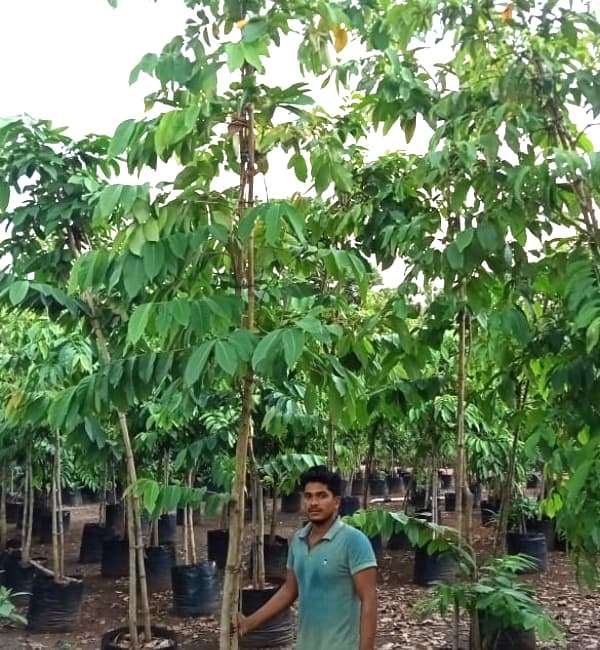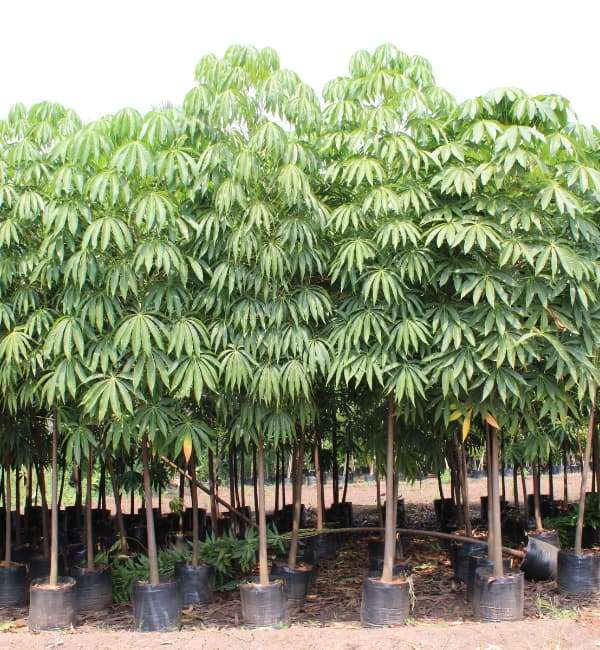
Sterculia Foetida
Sterculia foetida, commonly known as the Indian almond or wild almond, is a species of flowering tree native to tropical regions of Asia and Northern Australia. It is recognized for its distinctive appearance, with large, heart-shaped leaves and clusters of round, woody fruits that contain seeds resembling almonds. Despite its name, the seeds are not edible due to their pungent odor when crushed, hence the epithet “foetida,” meaning foul-smelling.
Sterculia foetida holds cultural significance in various regions where it grows. In traditional medicine, extracts from its bark and seeds have been used to treat ailments such as coughs, skin irritations, and digestive issues. Additionally, parts of the tree, including its timber and fiber, have been utilized in crafts, construction, and even as a food source for livestock. Due to its rapid growth and tolerance to a range of soil conditions, Sterculia foetida is often planted for shade, erosion control, and reforestation efforts in tropical landscapes.
Related Products
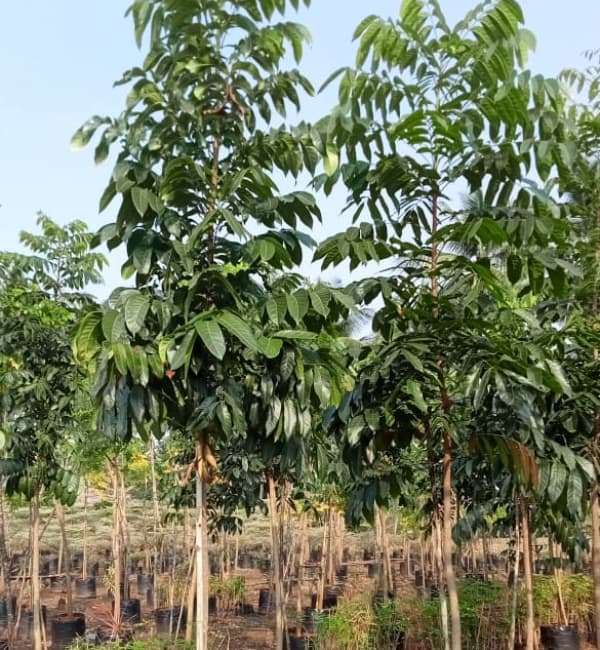
Swietenia Mahagoni
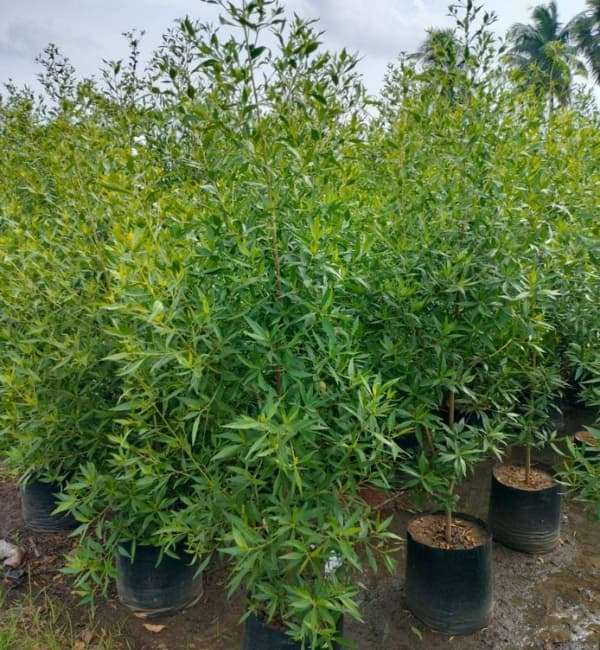
Conocarpus
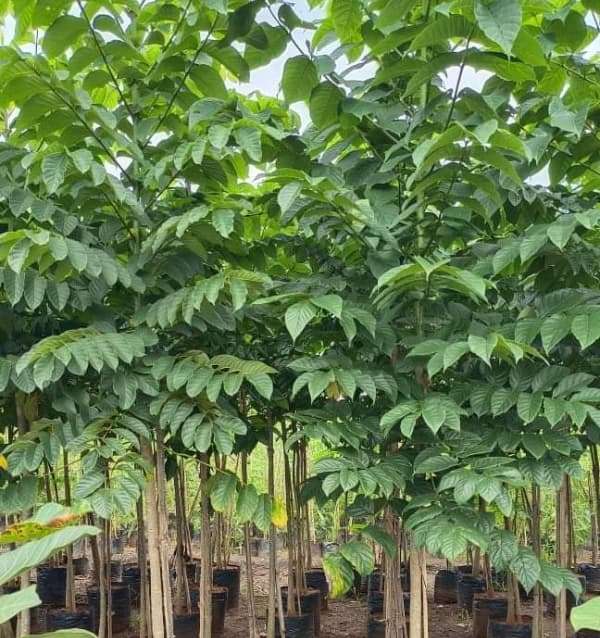
Indochina Dragonplum
